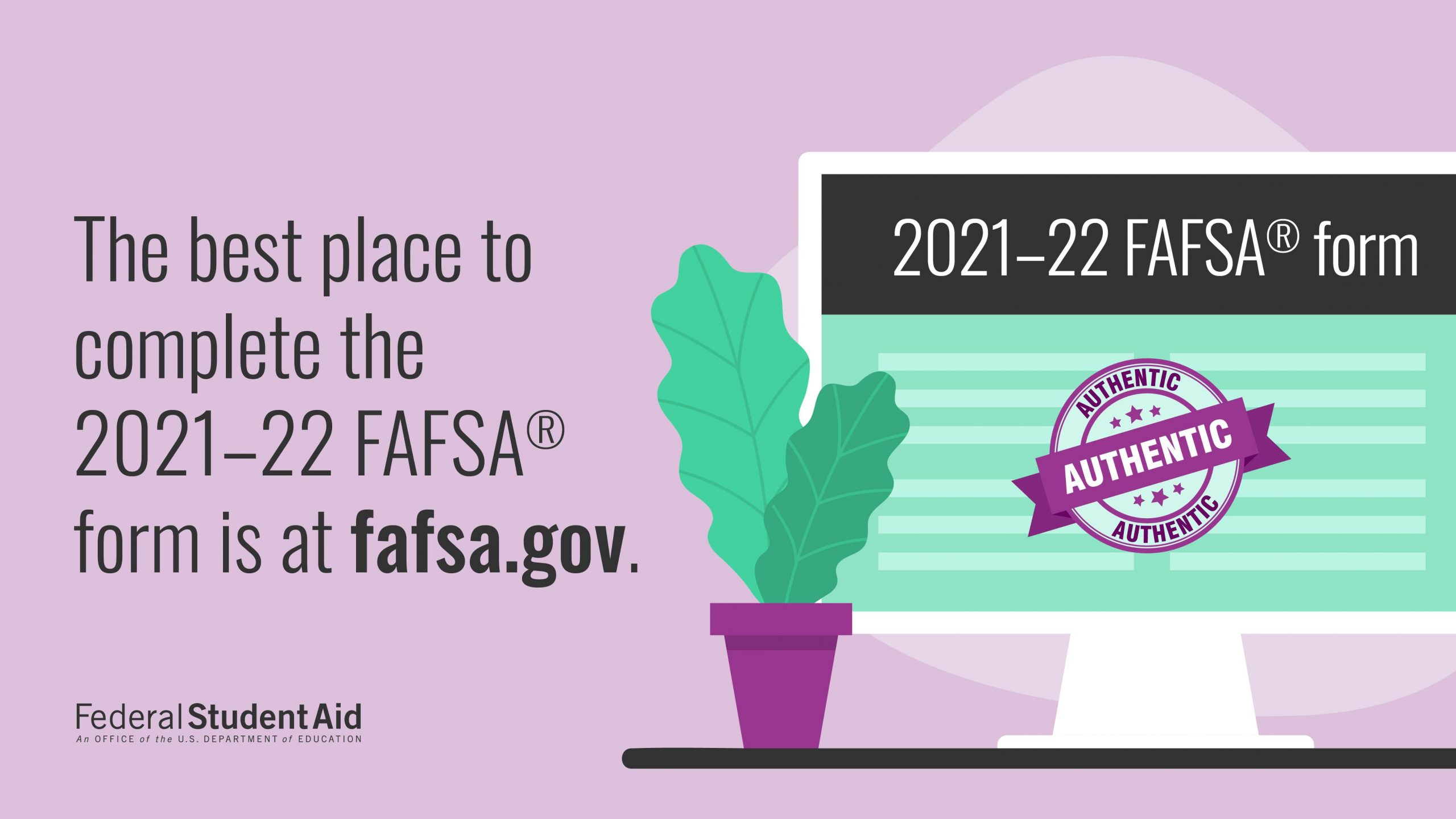
Although there isn't much evidence supporting the role of games for scientific learning, there are many elements that games can provide that encourage scientific thinking. These elements include language development and participation in scientific experiments. These elements can be used for a variety of educational purposes, in addition to science learning.
Inconclusive evidence suggests that video games can be used to support learning and science education.
The use of video games in science education can improve learning and help to build motivation and knowledge. The games can help learners have patience and perseverance as many learners will need to complete tasks multiple times before becoming proficient. In other words, these games can be used by young learners to increase their knowledge and skills in science and mathematics.

Numerous studies have examined whether video games help children learn math and science. One study looked at World of Warcraft discussion boards and found evidence of children participating in scientific discourse as well as model-based reasoning.
Gaming elements that promote scientific thinking
Educational video games can be used to support scientific thinking by helping students develop investigative and scientific skills. These games can be used to promote cross-disciplinary scientific attitudes and values, such as collaboration. Many games promote scientific thinking and values by incorporating simulations. A National Research Council report has suggested that computer simulations could have a greater influence on students' scientific thinking than other games. The report says that game design is still a viable teaching tool, but more research is required.
Many games not only help students develop scientific thinking but also promote metacognitive activities. The elements of engaging games encourage players to think critically about their own knowledge and experience. These elements make it difficult to advance in the game, creating an incentive to persevere.
Language development through games
Early childhood education should include games that encourage language development. These games can be played with or without parents. Children are starting to have preferences for certain games and can engage in more complicated and long-lasting games. Children can also learn language through games that are fun and educational.

Three aspects are necessary for game developers to be able to develop games that encourage language development. First, it must be fun. Without this, it's unlikely that children will play the game again. Second, the game should be achievable. It shouldn't discourage learning.
FAQ
How much does homeschooling cost?
There are no set fees for homeschooling. Some families charge between $0-$20 per lesson. Other families offer free services.
However, homeschooling requires dedication and commitment. Parents should be able to dedicate enough time to their children.
Access to books, materials, and other learning aids is essential. To supplement their education, homeschoolers may need to use community programs and events.
Parents should consider the cost of transportation, tutors, extracurricular activities, and other expenses.
Homeschoolers also need to plan for field trips, vacations and special occasions.
What are the requirements to be a teacher in early childhood education?
The first step is to decide if you are interested in a career as an early childhood educator. If so, then you will need to get your bachelor's degree. Some states require students hold a master's degree.
You'll likely have to take classes during the summer. These courses include topics like pedagogy (the art and science of teaching) or curriculum development.
Many colleges offer associate degree programs that lead directly into a teaching certificate.
Some schools offer certificates or bachelor's degree in early childhood education. But others only offer diplomas.
Additional training may not be necessary if you intend to teach at home.
Is it difficult to become a teacher?
A major commitment is required to be a teacher. Your studies will require a lot of your time.
You should expect to work around 40 hours per week while pursuing your degree.
Additionally, you need to find a job which suits your schedule. Many students have difficulty finding part-time work that allows them to balance schoolwork and their personal lives.
Once you land a full-time position, you will likely be responsible for teaching classes during the day. You might even be required to travel to other schools throughout the week.
Homeschooling is for everyone.
Anyone can homeschool. No special qualifications are required.
Children can be taught by parents who have graduated high school. Many families opt to have their children teach them while they are in college.
Parents can learn to teach children from parents with less formal education.
Parents can become certified teachers after completing certain requirements. These requirements differ from one state.
Some states require all homeschooled students to complete a test before graduation. Others do not.
Parents who want to homeschool their children must register them with the local school district.
This process involves filling out paperwork and submitting it to the school board.
After registering, parents are allowed to enroll their children in public or private schools.
A few states allow homeschooling without the need to register their children with government agencies.
If you live within one of these states, it is your responsibility to ensure that your children fulfill the state's mandatory attendance law.
What is early education for children?
Early Childhood Education is a field devoted to helping children develop into healthy, happy adults. It involves everything from teaching children to read to preparing for kindergarten.
Early childhood education's goal is to help children learn through age-appropriate experiences.
Early childhood educators are frequently called upon by parents to assess the developmental needs and abilities of any child they encounter. This assessment helps determine whether a particular program would benefit each individual child.
Parents can also interact with teachers and other professionals with experience with young children through early childhood programs.
Parents play an important role in an early childhood education as well. They need to be able to provide guidance and support for their children, and they must also know how to care for them properly.
Parents can participate in activities that will teach their children life skills.
Preschool education is sometimes called early childhood education. However, this term can be used interchangeably with daycare centers. Prekindergarten education typically begins around three years, while early childhood education generally starts at three.
Statistics
- Globally, in 2008, around 89% of children aged six to twelve were enrolled in primary education, and this proportion was rising. (en.wikipedia.org)
- And, within ten years of graduation, 44.1 percent of 1993 humanities graduates had written to public officials, compared to 30.1 percent of STEM majors. (bostonreview.net)
- In most developed countries, a high proportion of the population (up to 50%) now enters higher education at some time in their lives. (en.wikipedia.org)
- They are also 25% more likely to graduate from high school and have higher math and reading scores, with fewer behavioral problems,” according to research at the University of Tennessee. (habitatbroward.org)
- Among STEM majors, that number is 83.5 percent. (bostonreview.net)
External Links
How To
How to enroll in homeschooling
Homeschooling means that children are educated at home using a variety methods like reading books, watching videos or doing exercises. It is considered one of the most effective ways of learning because it enables students to learn things at their own pace and develop skills like problem-solving, critical thinking, creativity, self-discipline, communication, and social skills.
Nowadays, it is common to see parents who wish to educate their children at-home. This is especially true for parents who work full time and don't have the time to spend with their children. They can choose to homeschool, which allows them the freedom to devote their energy and time to their children's education, without worrying about who will take care of them while they are at work.
There are many benefits associated with homeschooling; some of these include developing the ability to think critically and creatively, increasing their knowledge base, improving their language skills, developing their personal identity, becoming independent learners, and having greater control over their life than if they were attending school.
Homeschooling is designed to give quality education to students so that they can succeed as adults. However, certain requirements must be fulfilled before starting homeschooling. You must determine if your child is eligible for public or private school. It is important to choose the right curriculum for homeschooling. There are several types of curricula available online that you can choose from depending on your preference, budget, and level of expertise. You can choose from Waldorf, Montessori or Waldorf curricula. You must also ensure that you have all the resources necessary to educate your child before you start homeschooling. This means purchasing textbooks, educational materials, computers, electronic devices, toys, games, art supplies, musical instruments, etc. These items can be purchased online or in local shops.
After you have completed the above steps, the next step is to register as a homeschooling parents. To do this, contact your state department or education for assistance. You can fill out the necessary forms and receive guidance about how to start homeschooling.